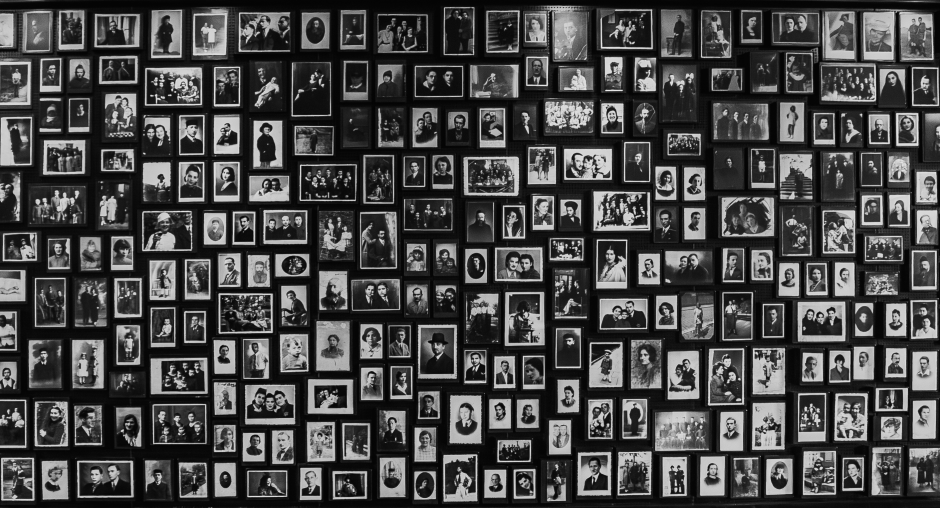An end to hatred is only possible when we understand the horrors of the past, OSCE says on Holocaust Remembrance Day

HELSINKI/WARSAW, 27 January 2025 – This year we mark the 80th anniversary of the liberation of Auschwitz-Birkenau. As the living memory of the Holocaust fades, we have a profound responsibility to commemorate the victims of this atrocity and to understand its ongoing meaning and consequences, the OSCE said on today’s International Holocaust Remembrance Day.
“Anti-Semitism poses a threat not only to Jewish way of life and culture, but also to democracy and a free and diverse society,” said the OSCE Chairperson-in-Office, Minister for Foreign Affairs of Finland Elina Valtonen. “We must continue our tireless work to defend our shared values and build a secure region where human rights, democracy, rule of law and equality are fully realized.”
The Holocaust demonstrates the horrific consequences of prejudice and hatred when they are not only allowed, but encouraged and rewarded. Governments have a particular responsibility for combating and preventing anti-Semitism as well as other forms of hate, while at the same time ensuring the safety of all citizens.
“We must always remember that the truth of the Holocaust is not just a list of statistics or dates, but a human story – one filled with unspeakable suffering, but also stories of resistance, courage, and survival,” said Maria Telalian, Director of the OSCE Office for Democratic Institutions and Human Rights (ODIHR). “Understanding the horrors of the past gives us a deeper appreciation of the need to combat hatred and ensure that what happened once can never happen again.”
In an age when technology has made it easier to spread both knowledge and falsehood, safeguarding the memory of the Holocaust and its millions of victims is more important than ever. We are witnessing an alarming rise in Holocaust denial, distortion and trivialization that is not a mere misunderstanding of what happened but a deliberate attempt to undermine lived experience and the historical record. This is not just an attack on history, but an attack on human dignity.
We must therefore redouble our efforts to educate both young and old through innovative and engaging teaching and content that resonates with people, but at the same time conveys the full tragedy of what took place. In this way, we will ensure that the Holocaust remains an integral part of our collective memory and that future generations understand the depths to which prejudice and intolerance can lead.
Across the OSCE region we continue to witness anti-Semitism, ranging from online and offline hate speech, through threats, to violence. Finding strategies to counter anti-Semitism requires a comprehensive and coordinated approach that brings together government, civil society, faith communities, the private sector, media, and educational institutions. Especially on this day, we commit ourselves to promoting tolerance and inclusion and to build societies in which diversity is celebrated and the inherent dignity of every individual is respected.
“It is deeply troubling that in parts of the OSCE region the history of the Holocaust is being distorted and its memory trivialized for populist and extremist political purposes,” said Rabbi Andrew Baker, Personal Representative of the OSCE Chair on Combating Anti-Semitism. “We have the tools to identify these forms of antisemitism, and participating States have pledged to combat them. On this Holocaust Remembrance Day, we must turn these tools and promises into action.”
All OSCE countries have “clearly and unequivocally” condemned anti-Semitism and other forms of intolerance. With its biennial report ‘Holocaust Memorial Days: An overview of remembrance and education in the OSCE region’, ODIHR underlines its commitment to ensuring that the memory of the Holocaust is kept alive and encourages governments to continue developing their activities to combat anti-Semitism, discrimination, and all forms of hatred.
